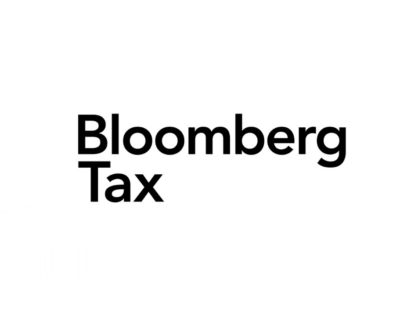Taxpayers feel like they reveal so much by preparing country-by-country reports—one of the three reporting recommendations in the OECD’s BEPS Action 13 transfer pricing compliance initiative. And given that the reports list on a jurisdictional basis coveted financial data—income, tax paid and accrued, retained earnings, tangible assets, among other private info—you can certainly see their point. Yet many investors and government officials seem to think that giving such visibility merely to tax authorities isn’t revealing enough and so, they want those reports made public.
More and more countries, in fact, are making public country-by-country reports mandatory. To put the brakes on tax avoidance, last year, the EU passed a law to that would require multinationals to publicly disclose the amount they pay in tax in each EU country, beginning in 2024. In the U.S., the Financial Accountability & Corporate Transparency Coalition (FACT Coalition) has been lobbying Congress and regulators for public country-by-country reporting for years as a means to avoid corporate tax avoidance and also inform investors about the tax strategies of the companies they inject lump sums of money into.
Now it looks like those same total transparency efforts could be making their way to Australia. Antony Albanese, the newly elected Prime Minister of Australia, made public country-by-country reporting part of his winning party platform, and in early September, in their submission to the Australian Treasury’s Consultation on Multinational Tax Integrity and Enhanced Tax Transparency, the Pension & Investment Research Consultants Ltd., a UK-based consultancy, called on the government to make public country-by-country reporting mandatory Down Under.
“Tax transparency is rapidly coming to be seen as a financially material issue for investors. Aggressive tax avoidance may introduce significant risks that undermine medium-to-long term investments through reputational damage, the heightened attention of tax authorities, legal consequences, and changes to tax regulation,” says Dr. Katie Hepworth, a responsible tax lead for the group.
Anyone familiar with the Australian Taxation Office (ATO) knows that Australia, of course, has never had patience for tax avoidance. But now with the left-leaning labour party in charge, it may have even less. Tax cuts are planned for individuals, which means corporate tax dollars will be needed to make up that lost revenue and public reports could be a front-line defense against profit shifting. The Pension & Investment Research Consultants Ltd. wants the general public to see that businesses are responsibly contributing to society. Another growing concern is that investors need to be able to gauge a company’s tax behavior and anticipate risks to their investments.
While those reasons may make sense, there is another side to the story. Deciphering the financial data on country-by-country reports requires economic expertise, which the general public doesn’t necessarily have. Taxpayers worry that companies’ reputations could suffer unfairly if the masses don’t understand the narrative behind the data. Multinationals also worry that public information (or the public’s reaction to it) could bring about more unwanted attention from tax authorities. And there’s the most obvious argument: Country-by-country reports are already shared between global tax authorities—why isn’t that transparency enough?
What are your views? Should country-by-country reports be made public?










